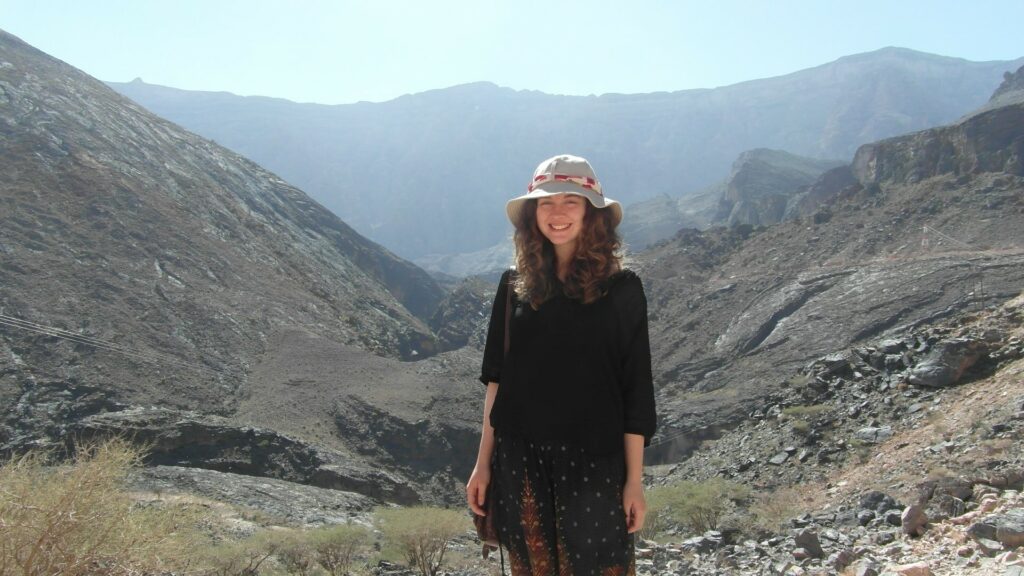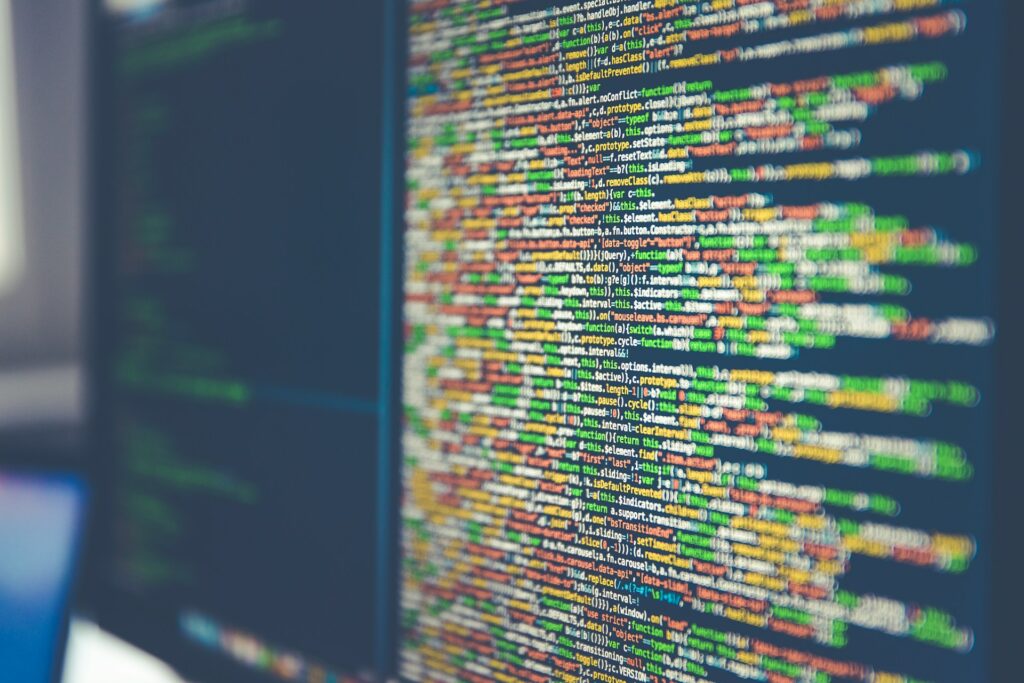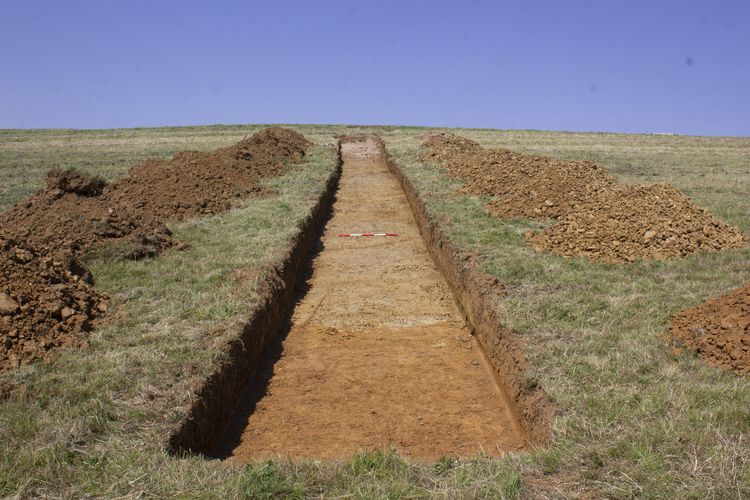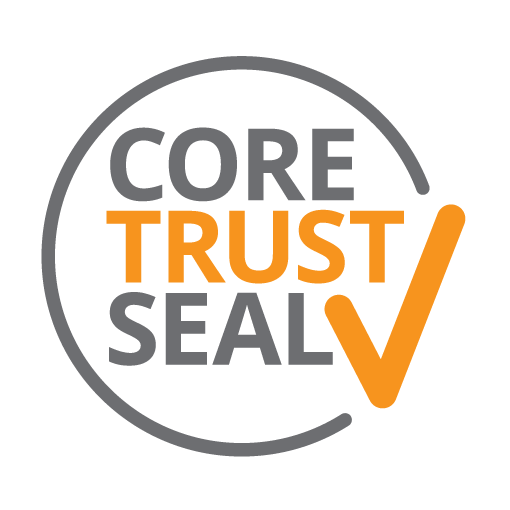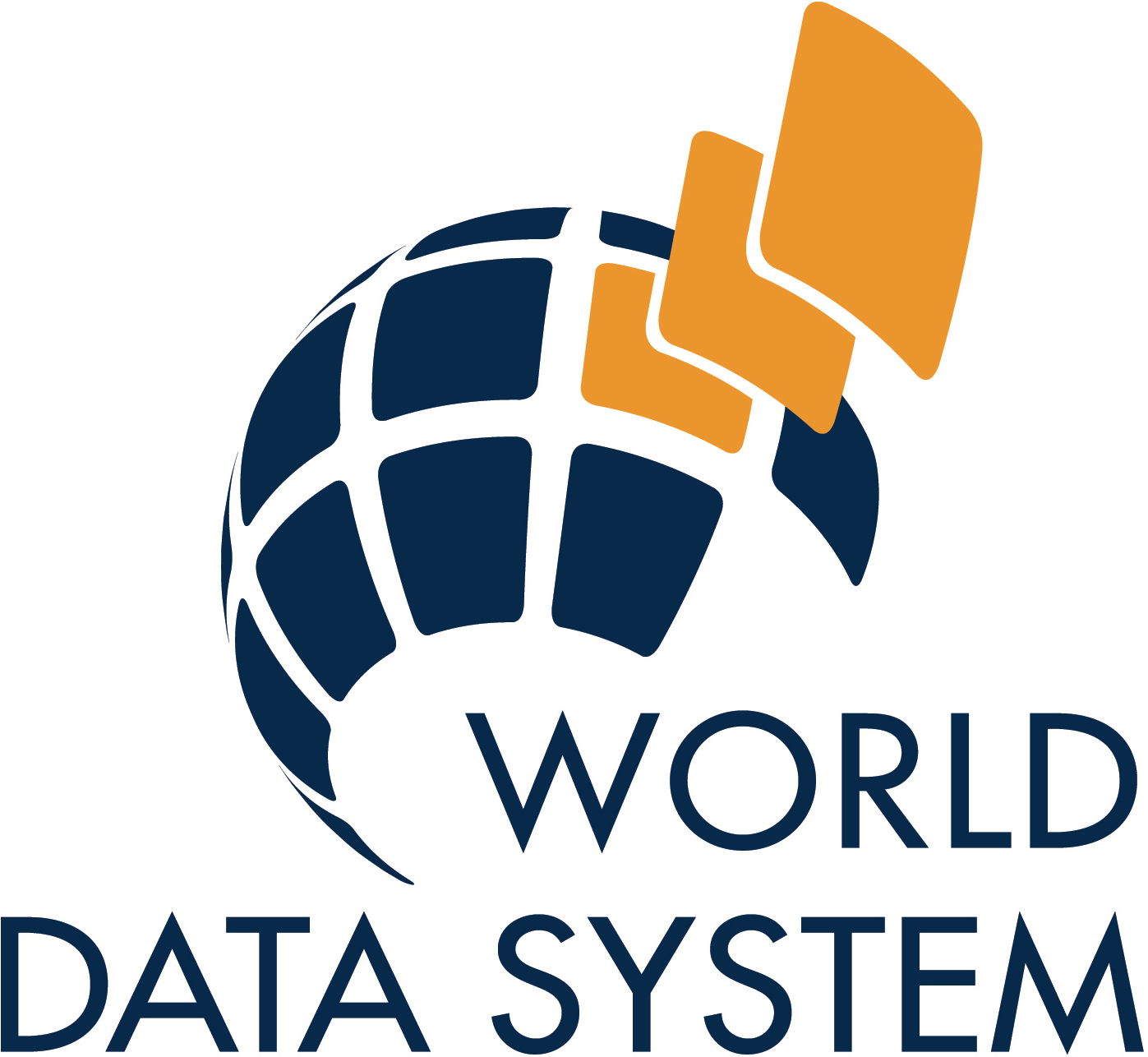It’s been six weeks since I started working at the Archaeology Data Service and went down the rabbit hole and into a world of checksums, AIPs, OMS, CMS and DROIDs. I knew fairly little about digital preservation before starting, so had no real idea of what I might be letting myself in for. Alongside trying to keep abreast of the plethora of acronyms, I’ve been involved in some interesting and varied projects so far and I’m very grateful for how welcoming the ADS team has been.
Following a BA in archaeology at the University of Durham, I moved to London to study the archaeology of Egypt and the Near East at UCL, with a focus on GIS and computational methods in archaeology. I developed an interest in archives and collections documentation during a placement at a museum during my master’s degree. Admittedly, I’d anticipated taking a more traditional route of working with material objects and I knew quite little about digital collections. Joining the ADS is my first foray into digital preservation and I’m excited to be learning about such an interesting subject and working with archaeological data. I’m especially looking forward to developing my technical skills; and of course still being able to have fun with GIS from time to time.
I was a little concerned about my lack of IT background and the technical skills that might be required, but I’ve learned a lot already in the short time I’ve been here. I’ve particularly enjoyed using SQL and in the process have learned a lot about how the database works and is structured. My tasks so far have included archiving OASIS Images and ADS-Easy data sets, library edits, updating wiki pages, OASIS grey literature transfers, creating maps with OASIS data, responding to helpdesk enquiries and searching the archives for notable collections and images to promote the ADS. I have also used social media to promote a guest blog post series, which has provided a fascinating insight into the re-use of ADS data and current issues in the wider digital preservation community.
I’m looking forward to seeing what the future holds working at the ADS and am enthusiastic about developing my programming and digital archiving skills. The ADS is clearly an excellent place to learn about digital preservation and I feel fortunate to be able to learn more about British archaeology as I do so.

